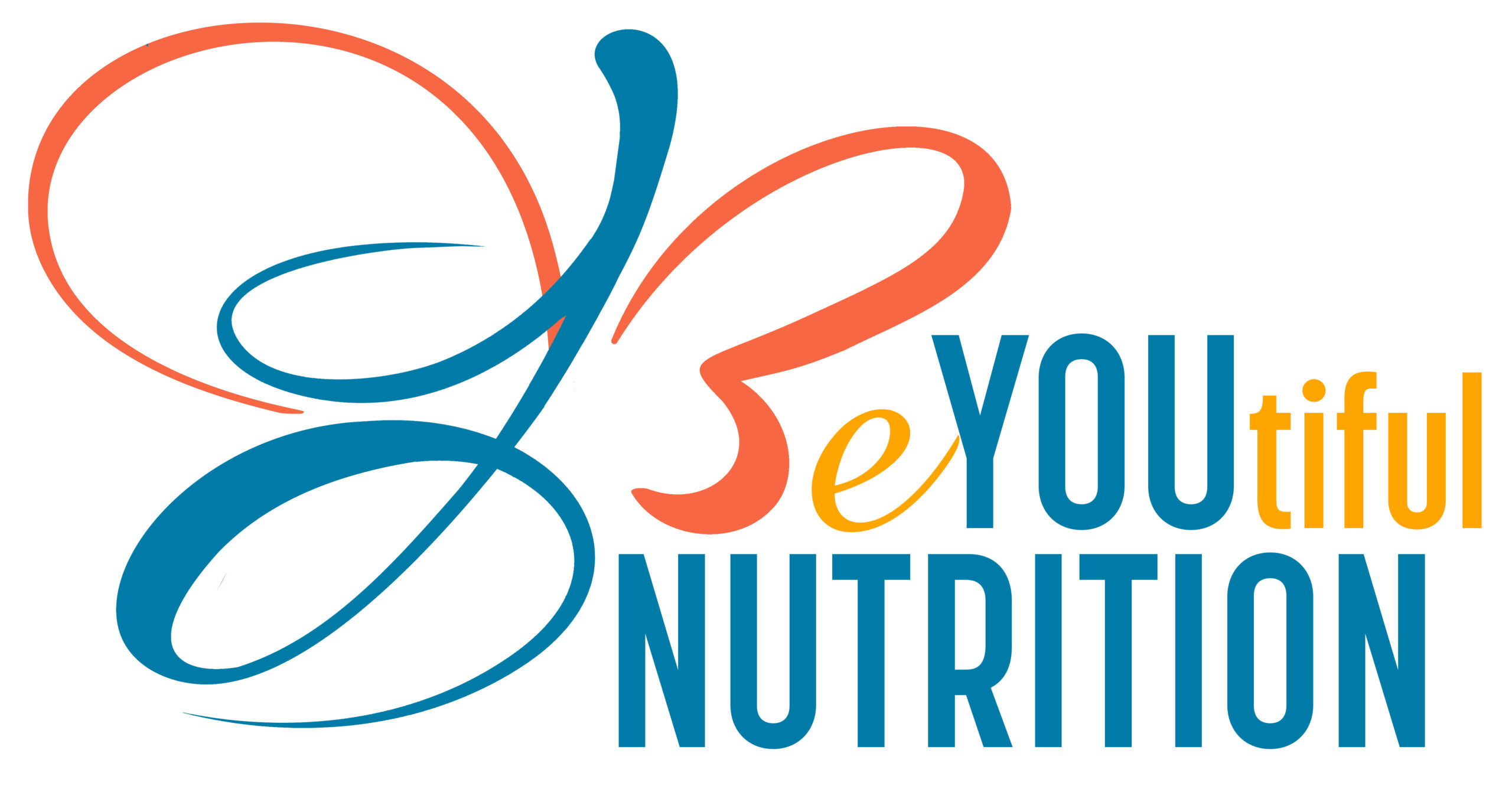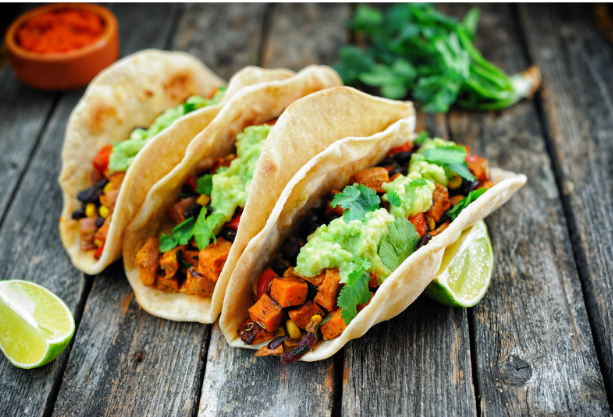What if the key to unlocking your body’s potential lies in the foods that come from the earth? Imagine the transformation that can happen when you embrace plant-based nutrition. It’s not just a diet; it’s a lifestyle change that can boost your energy, improve your health, and even enhance your mood. Let’s dig into the power of this vibrant way of eating and how you can fuel your body naturally.

Understanding Plant-Based Nutrition
Plant-based nutrition focuses primarily on foods derived from plants. This doesn’t mean you must cut out animal products entirely, but rather, you should emphasize whole, plant-based foods. Fruits, vegetables, whole grains, legumes, nuts, and seeds become your primary sources of nutrients. The idea is to fill your plate with colors, textures, and flavors that only nature can provide.
The Benefits of Going Plant-Based
You might be wondering why so many people are talking about plant-based nutrition. Just look at the benefits! From weight management to chronic disease prevention, the positive impacts on your health could be life-changing. Here are some of the most significant benefits associated with a plant-based diet:
-
Weight Management
Many individuals find it easier to manage their weight when they shift their focus to plant-based foods. Plants are generally lower in calories and high in fiber, which can help keep you full longer. -
Heart Health
A diet rich in fruits, vegetables, and whole grains can significantly reduce your risk of heart disease. By lowering cholesterol and blood pressure, you can promote cardiovascular health. -
Improved Digestion
Fiber from plant foods plays a critical role in maintaining a healthy digestive system. It helps prevent constipation and can even foster a healthy microbiome. -
Increased Energy Levels
Whole foods offer your body vibrant energy without the crash often felt after indulging in animal products or processed foods. -
Better Mood
Studies suggest that a plant-based diet can have a positive impact on your mental health, potentially reducing symptoms of depression and anxiety.
Getting Started with Plant-Based Nutrition
Transitioning to a plant-based lifestyle might feel daunting at first, but it doesn’t have to be. Here are some steps to ease you into this nutritious journey.
Start Small
You don’t have to change everything overnight. Begin by incorporating more plant-based meals into your week. Try to designate a day where you serve only plant-based dishes.
Fill Your Fridge with Whole Foods
Imagine opening your fridge to find an array of colorful fruits and vegetables. Fill your pantry with legumes, whole grains, nuts, and seeds. Stocking up on nutritious options makes it easier to choose healthy meals.
| Food Group | Examples |
|---|---|
| Fruits | Apples, Bananas, Berries |
| Vegetables | Spinach, Carrots, Broccoli |
| Legumes | Lentils, Chickpeas, Black Beans |
| Whole Grains | Quinoa, Brown Rice, Oats |
| Nuts & Seeds | Almonds, Chia Seeds, Walnuts |
Explore New Recipes
This is where the fun begins! Look for plant-based recipes that appeal to you. Whether it’s a hearty lentil stew or a refreshing quinoa salad, the variety of dishes you can create is exciting.
Discover Healthy Substitutes
Craving a hearty meal? Consider plant-based substitutes for traditional ingredients. For instance, use cauliflower rice instead of white rice or almond milk in place of cow’s milk. These swaps can make a significant difference without diminishing flavor.
Listen to Your Body
As you transition to a more plant-based diet, take the time to notice how your body responds. Are you feeling more energetic? Is your digestion improving? You’ll learn what works best for you, allowing for a customized approach to your nutrition.
Common Myths about Plant-Based Nutrition
You might have heard a few myths about a plant-based diet that could make you hesitant. Let’s tackle those now.
Myth 1: Plant-Based Diets Lack Protein
You’ve likely heard that protein is crucial for health, and it’s a common misconception that plant-based diets can’t provide adequate protein. The truth is, there are numerous plant-based sources of protein, including lentils, beans, chickpeas, quinoa, nuts, and seeds.
Myth 2: It’s Too Expensive
While it’s true that some health foods can be pricey, a plant-based diet can be budget-friendly if you focus on whole foods and buy in bulk. Seasonal produce is often less expensive and packed with nutrients.
Myth 3: You Must Eliminate All Animal Products
Plant-based nutrition doesn’t require you to cut out animal products entirely. It encourages you to add more plants to your diet rather than focusing on restrictions. You can find a balance that suits your lifestyle.
The Role of Cooking in Plant-Based Nutrition
Cooking plays a significant role in making nutritious meals appealing and enjoyable. Learning to create flavorful dishes can enhance your relationship with food and make healthy eating a pleasure rather than a chore.
Cooking Techniques to Embrace
-
Roasting
Roasting vegetables brings out their natural sweetness and can be a game-changer in your meals. Toss your favorite veggies with some olive oil and spices, then throw them into the oven for a delicious side dish. -
Batch Cooking
Prepare large portions of meals that can be stored in the refrigerator or freezer for later. This strategy helps save time during busy weeks and ensures you have healthy options readily available. -
Grilling
Nothing beats the taste of grilled vegetables. They make a fantastic addition to salads or can be served as a tasty side.
Fun and Engaging Cooking Workshops
You might consider enrolling in cooking workshops to deepen your understanding of plant-based nutrition. While you learn new skills and recipes, you can also meet like-minded individuals. Cooking demonstrations can transform how you see healthy food and make it approachable and enjoyable.

The Importance of a Balanced Diet
While focusing on plant-based nutrition is essential, it’s equally important to ensure you’re eating a balanced diet. This involves incorporating a variety of foods to meet your nutritional needs.
Key Nutrients to Prioritize
-
Fiber
Essential for digestive health, fiber can be found abundantly in fruits, vegetables, legumes, and whole grains. -
Vitamin B12
As a primarily animal-derived nutrient, vitamin B12 is crucial for energy production and neurological function. If you’re minimizing animal products, consider fortified foods or supplements. -
Iron
Plant-based sources of iron, like lentils and spinach, can be less readily absorbed by your body than animal sources. Pair these with vitamin C-rich foods to enhance absorption. -
Omega-3 Fatty Acids
Flaxseeds, chia seeds, and walnuts are excellent sources of omega-3s, which are vital for heart and brain health. -
Calcium
Leafy greens, almonds, tofu, and fortified plant-based milks can help meet your calcium needs, promoting strong bones and teeth.
Cultivating a Supportive Environment
Surrounding yourself with supportive individuals can enhance your success in embracing plant-based nutrition. Whether it’s friends, family, or a community group, the right support can make the transformation smoother and more enjoyable.
Finding Your Community
Consider seeking out local groups focused on plant-based living. Online forums and social media platforms can also provide a wealth of resources and connect you with a broader audience of like-minded individuals sharing recipes and experiences.
Enlist Professional Guidance
Working with a registered dietitian, like Lila Cornelio, can be invaluable in guiding you through your journey. With over a decade of experience, Lila can provide personalized advice tailored to your unique needs, empowering you to embrace plant-based nutrition successfully.
Meal Planning for Success
As you navigate a plant-based lifestyle, meal planning will become your best friend. Taking the time to plan your meals can help you avoid the common pitfall of reaching for convenience foods when life gets hectic.
Steps to Effective Meal Planning
-
Set Aside Time
Find a consistent time each week to sit down and plan your meals for the upcoming days. This will allow you to shop efficiently and reduce stress. -
Choose Recipes
Select a handful of recipes that incorporate what you already have in your pantry. This is not only cost-effective but also reduces waste. -
Make a Shopping List
Organizing your grocery list by section can expedite your shopping trip, ensuring you grab everything you need without missing essential ingredients. -
Prep Ahead
If possible, consider preparing key ingredients—like chopping veggies, cooking grains, or preparing sauces—so they’re ready to use throughout the week.
Overcoming Challenges
Though transitioning to a plant-based diet can be rewarding, it comes with its challenges. Acknowledging these challenges can help you find solutions proactively.
Emotional Eating
Navigating emotional eating can be tricky, especially if you’re used to reaching for comfort foods in stressful moments. Learning alternative coping strategies such as journaling or meditation may help you deal with emotions without turning to food.
Social Situations
You might find social gatherings a bit challenging when adopting a plant-based lifestyle. However, bringing your plant-based dish to share can offer people a delicious taste of your new lifestyle while ensuring you have something nutritious to eat.
Balancing Convenience and Nutrition
Life can get busy, making it easy to fall back on processed foods. Keep a stash of quick, healthy snacks on hand—think fruits, nuts, or energy bars—to help bridge that gap when time is tight.
Conclusion
The power of plant-based nutrition can significantly enhance your quality of life. By embracing this transformative lifestyle, you’ll harness the energy, health, and vitality that comes from nourishing your body with whole, natural foods. Remember, every small step counts on your journey toward better health.
Your Personalized Path
As you consider making the shift toward plant-based nutrition, remember that support is available. Lila Cornelio, MS, RDN, can offer you the advice and guidance needed to help you succeed. With the right tools, knowledge, and support, you can cultivate a relationship with food that is fulfilling, healthy, and sustainable.
So, what are you waiting for? It’s time to energize your body and mind through the power of plant-based nutrition!








